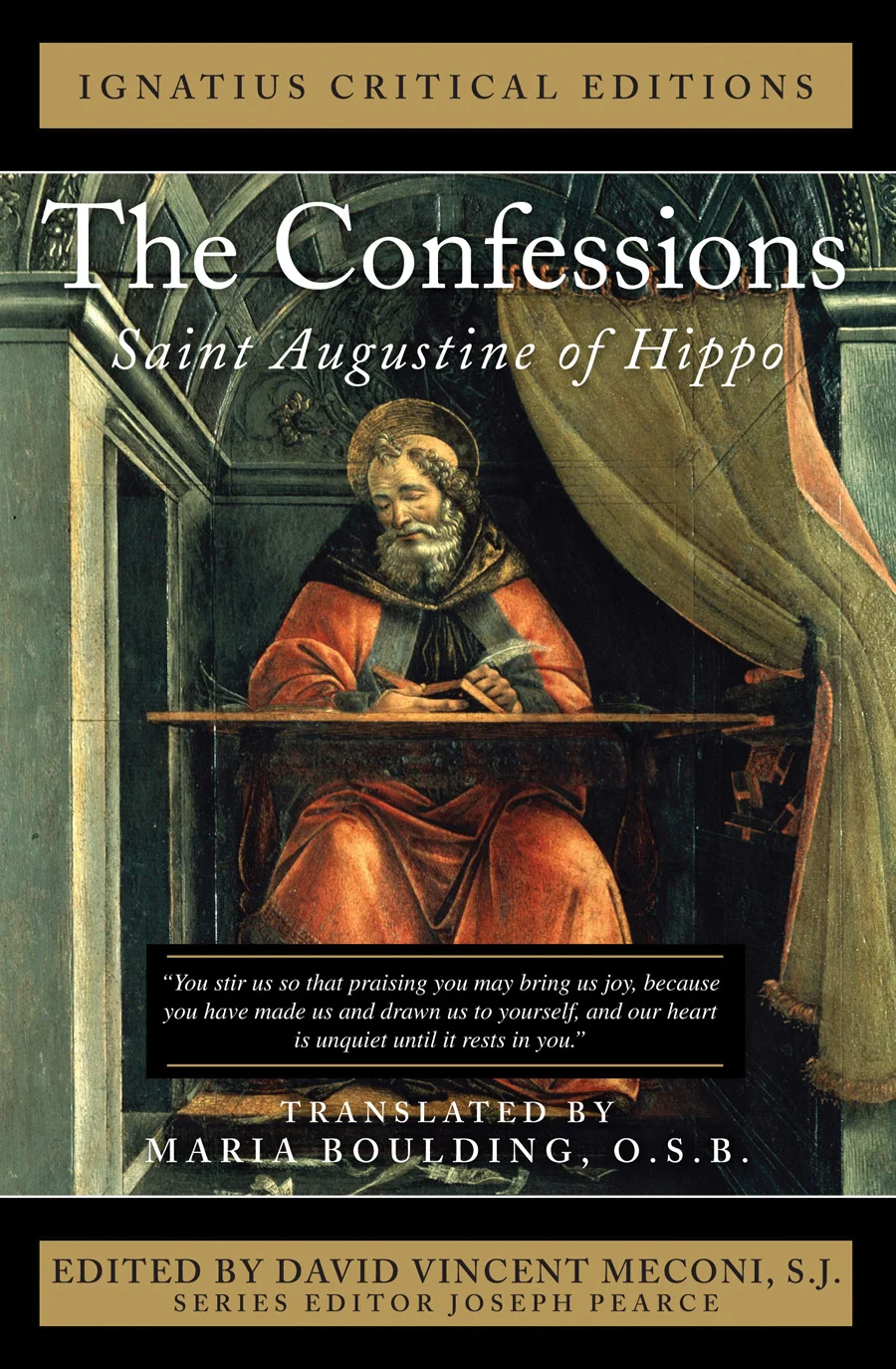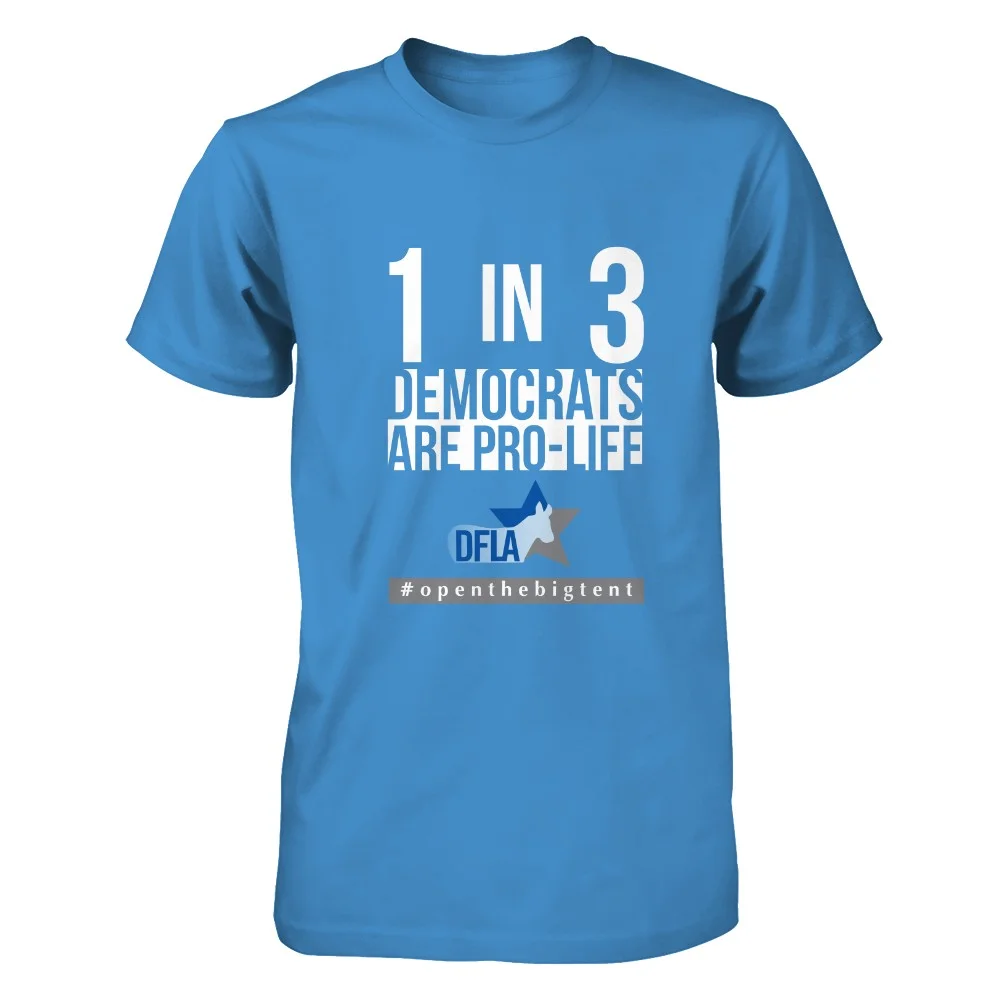As long as there have been chase scenes -- think Keystone Kops or Indiana Jones -- movie heroes have been caught straddling danger while trying to get from one vehicle to another.
Inevitably, the road splits and the hero has to make a decision.
Religious believers now face a similar challenge after decades of bitter conflict in the postmodern world, said Rabbi Lord Jonathan Sacks, in a recent lecture at the Chautauqua Institution in southwestern New York State.
For a long time, "we were able to have our feet in society and our head in religion, or the other way around. … But today the two cars are diverging and they can't be held together any longer," said Sacks, who was knighted by Queen Elizabeth in 2005 and made a life peer in the House of Lords.
It's an agonizing dilemma that reminded the rabbi of a classic Woody Allen quote: "More than any other time in history, mankind faces a crossroads. One path leads to despair and utter hopelessness; the other to total extinction. Let us pray we have the wisdom to choose correctly."
Truth is, there's no way to escape the Internet, which Sacks called the greatest economic, political and social revolution since the invention of the printing press.
"I sum it up in a single phrase -- cultural climate change," said Sacks, who from 1991-2013 led the United Hebrew Congregations of the Commonwealth. "It's not so much a matter of more religion or less religion, because the truth is that both are happening at once. … The result is a series of storms in the West and even more elsewhere in the Middle East, in Asia and Africa."
For four centuries, European and American elites wrongly assumed the world would get more and more secular.









